There are things that happen, and then there are things that happen. There are moments in which one feels certain that they’ve gone mad, and then there are moments in which one feels certain civilisation as a whole has, surely, gone mad. Last week was a week which, if taken as an isolated event, could appear as the ultimate confirmation of a world-gone-mad. However, viewed in the context of the last century, it was not the singularly awful thing, because the election of a disgusting, frightening person into a position of extreme power has happened more times than should ever be possible, and on the morning when the result became clear, my body did not feel surprised. Perhaps in part because the body was already layered deep in little traumas from bearing witness to over a year of a genocide and the near-total silence and complicity of both the US and the UK. Instead my body felt—conceding that the Atlantic Ocean provides at least some degree of psychological cushion—oddly calm. If one looked at the widest possible perspective it was simply one of many conclusions which could be drawn from the brokenness of everything. Awful, yes, unbelievably harmful, yes, but not isolated.
Bewildering but it was all broken already, there were innumerable facts and innumerable experts singing of this brokenness, but most people did not think listening or acting was something they personally needed to do.
I believe it would be good for more people to know that every single violence and every single horror being perpetrated on this planet, no matter how seemingly culturally distant or geographically removed, is also happening to them. All of this, all of our bodies, one organism, repeatedly wrecking and mending itself. Perhaps we could just be nice to each other now.
In the days before the election, after twelve years of uneventfully driving to places of both consequential and inconsequential natures, I hit and instantly kill a bird, a speckled, panicking female pheasant. I felt monstrous, and it would not have happened were it not for the fact that around 35 million pheasants are bred in diseased, battery conditions every year so that people can shoot them for pleasure. Thousands upon thousands of poisonous lead shot covering the landscapes.
Without my glasses, sitting in a plane taxiing at one on London’s airports, a tanker viewed out of the window appears to read along its alien metal sides ‘World End’ instead of ‘World Fuel'.
While the world crawls on and the leaves pile up their sugary selves I attempt to finish the writing and illustrating of a book, my sixth, the creative intensity of which has in some ways helped to balance out the intensity of political disgust. For three weeks straight I’ve painting each day from the first weak strands of daylight until late when, several hours into darkness, I get too frustrated with the shadows cast on the paper by the desk lamp. I then fall asleep each night a) thinking of the people who are being violently erased from this Earth and b) wondering whether there will be enough inside of me to repeat the process the following day, and somehow there is. Trying to stretch out the laws of physics I’ve painted 141 illustrations in 20 days, and when asked by a friend whether I feel there has been a sacrifice in quality given the sheer output I turn and say no, they currently form the majority of the best body of work I’ve made so far.
Ahead of a publisher launch meeting I send the American editor a cover mockup and feel pleased about the design every single day afterwards, which is the first time such a feeling has happened in six books. Perhaps it takes over a decade to settle into something, perhaps it takes over a decade to refine one single idea, perhaps it takes over a decade to notice who you have become as a person.
ART & BOOKS:
Available on my website are some editions of my books in their various translations, and a small selection of original drawings and paintings. (If you’re of the mind to send someone a book or piece of art as a gift next month please note that things are shipped from Scotland—the longer the postal time the better.)

THIS WEEK I FELL IN LOVE WITH:
Paintings by artist Seth Searle, unnerving but captivating in their blueness, with her work exploring ‘the relationship between identity and performativity’.
I retrieve a few days ago what was perhaps the second to last harvest of apples from the three ancient trees in the garden, a combination of picking them up from the increasingly wild-looking ground and plucking them from those branches it is possible to reach without a ladder and without coming to harm. Arm’s length. More could happen within arm’s length. There are tiny, slimed things which like to reside on the apples, so I carefully wash and dry them—fifty perhaps—before piling them precariously on the kitchen countertop.
Later that evening, making dinner, or tidying, or something equally domestic, we ponder how to utilise the apples. At one point we wonder about canning them as a sauce, consuming them luxuriously throughout the winter, and you suddenly remember one of your grandmothers making applesauce: “It was one of the only things she didn’t associate with Jesus.”
Again and for however long necessary, for a Free Palestine: (Actions for demanding a ceasefire in Palestine.) / (Report Palestinian censorship in publishing.) / (Reading list for a Free Palestine.) / (Print your own postcards to demand an arms embargo and freedom for Palestine.) / (Send a physical postcard for the cost of a stamp.)
Paid supporters of The Sometimes Newsletter usually receive one or two additional posts each month, including things like short stories, illustrated essays, and a more detailed peering into creative processes. The most recent of these is Somewhere in Southern Europe:






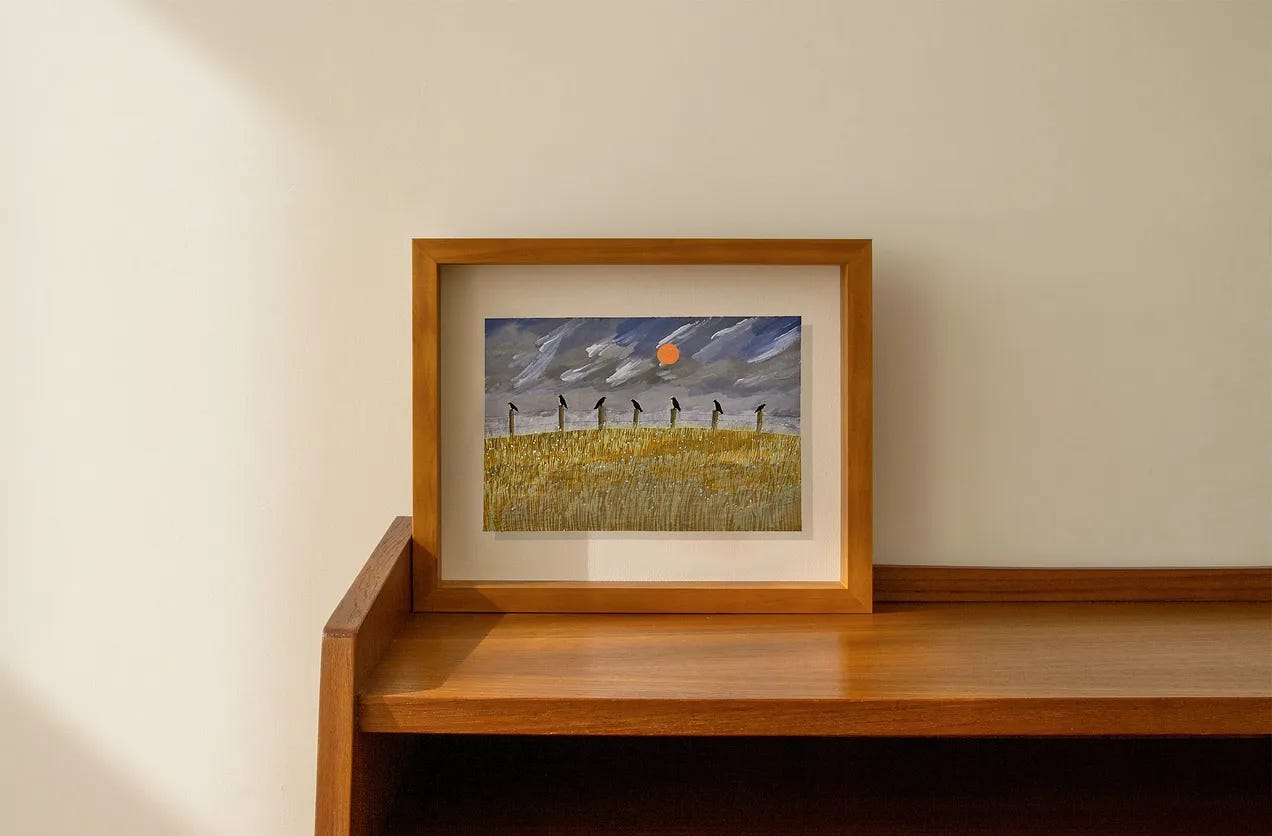

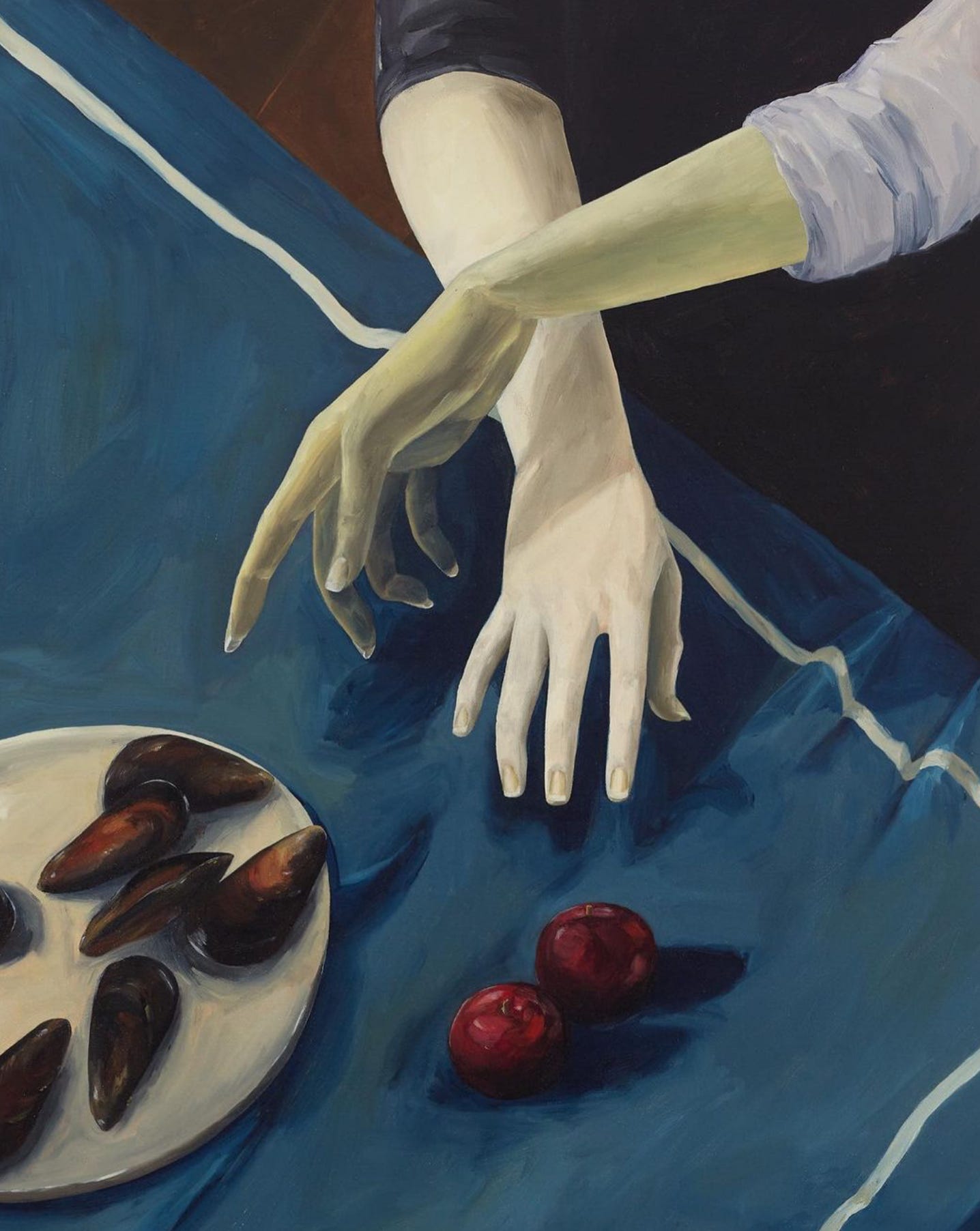
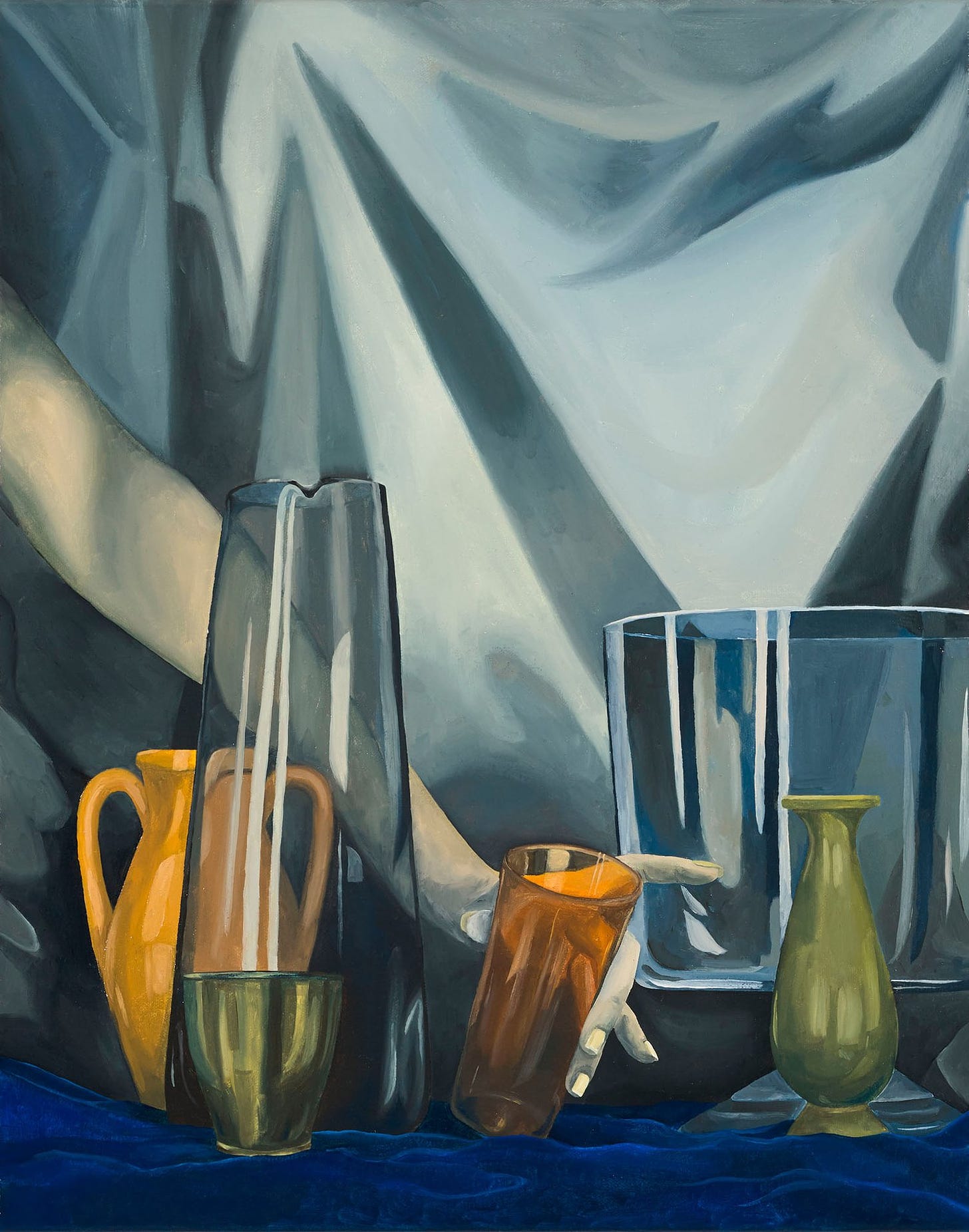
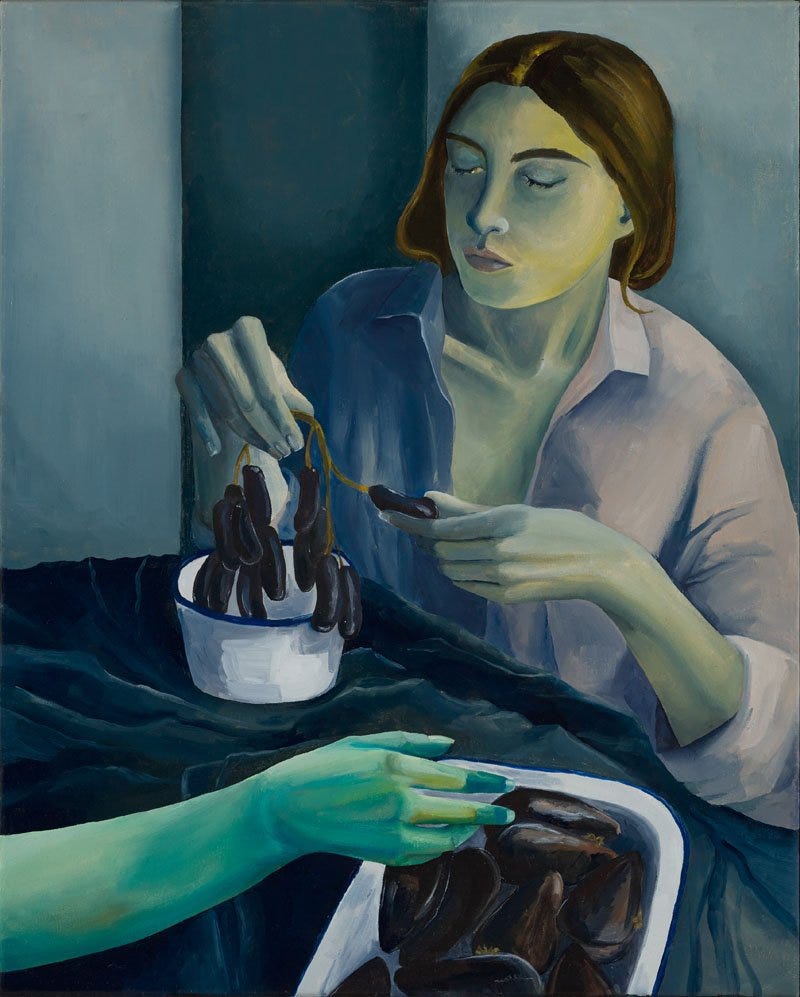
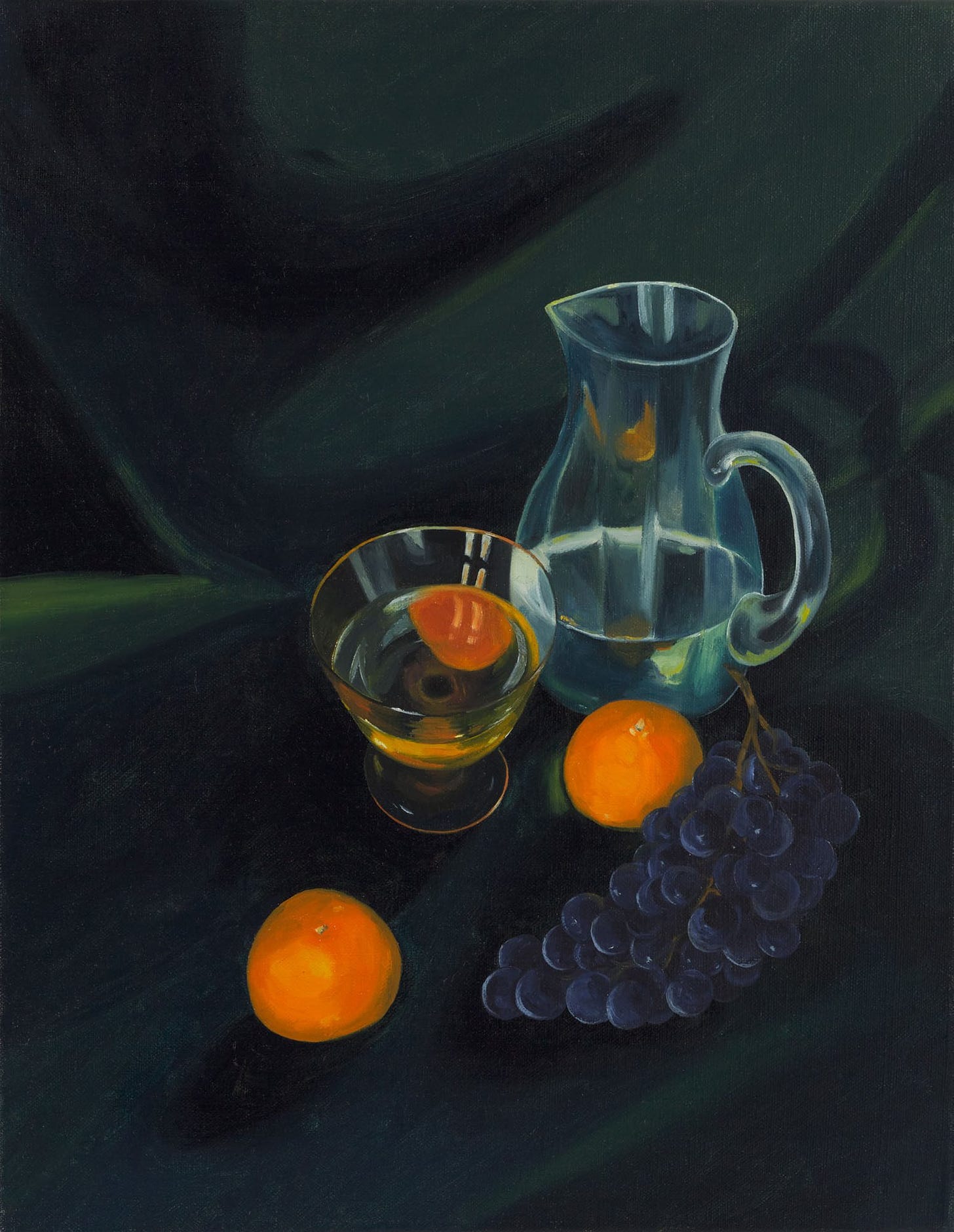
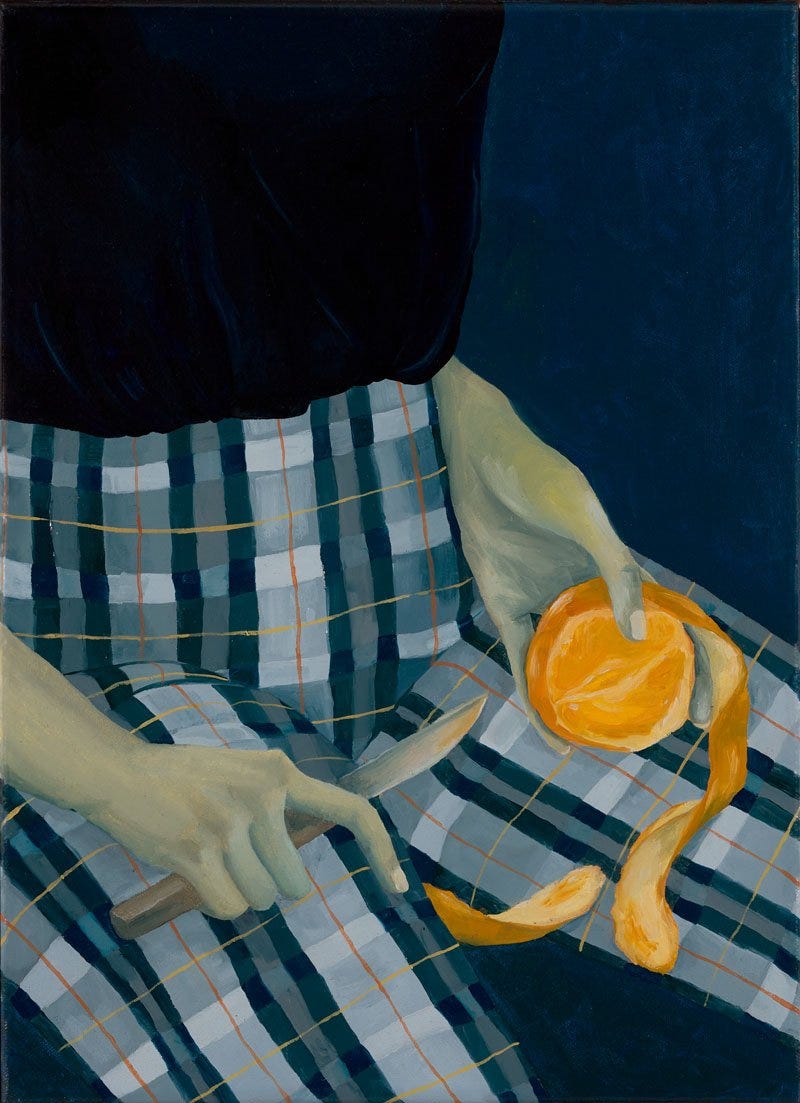
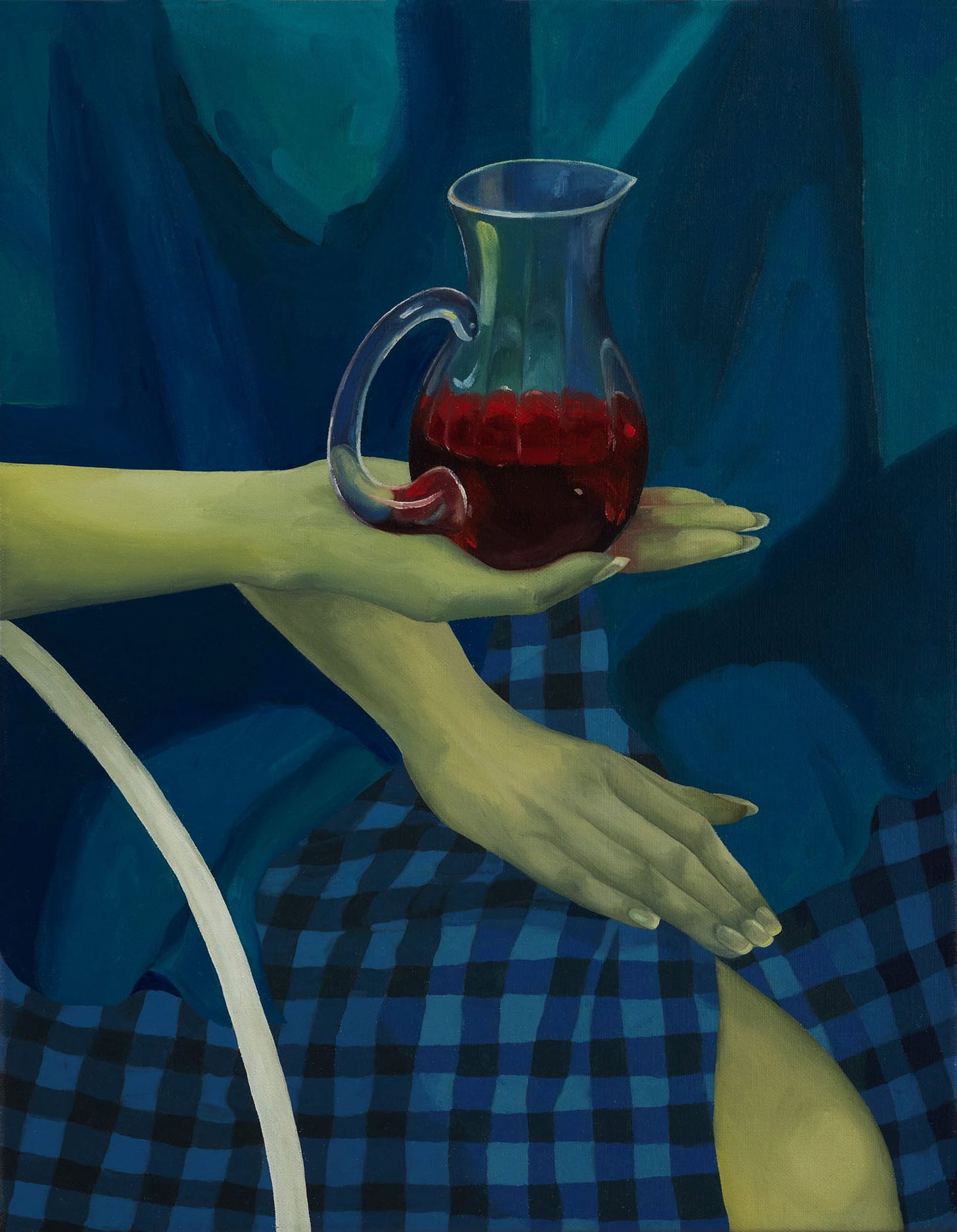



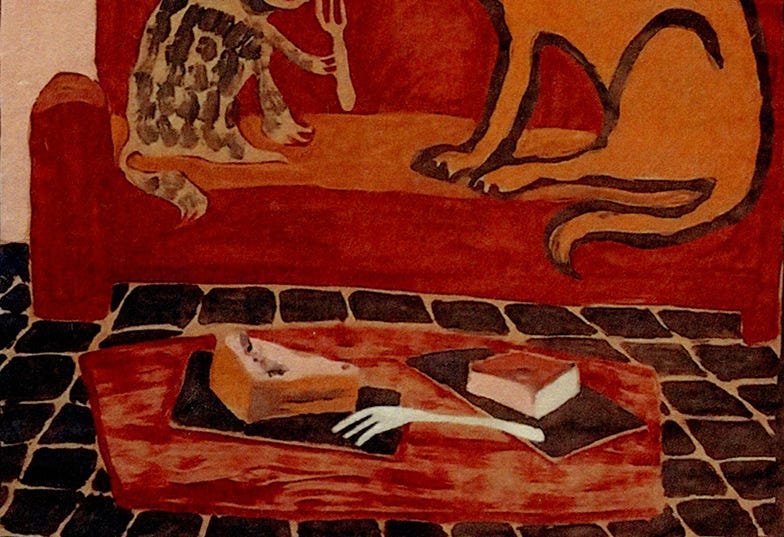
Two things I want to say: 1) That feeling of going mad never leaves me, but your words help. 2) I am sorry about the bird.
Excellent post. Thank you.